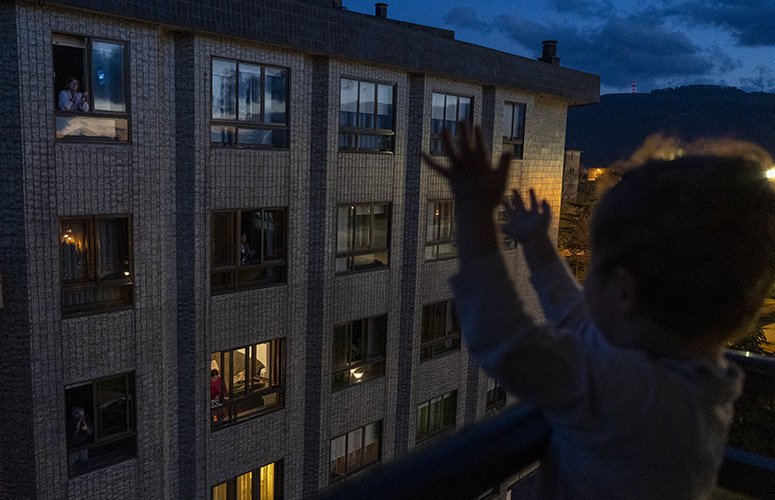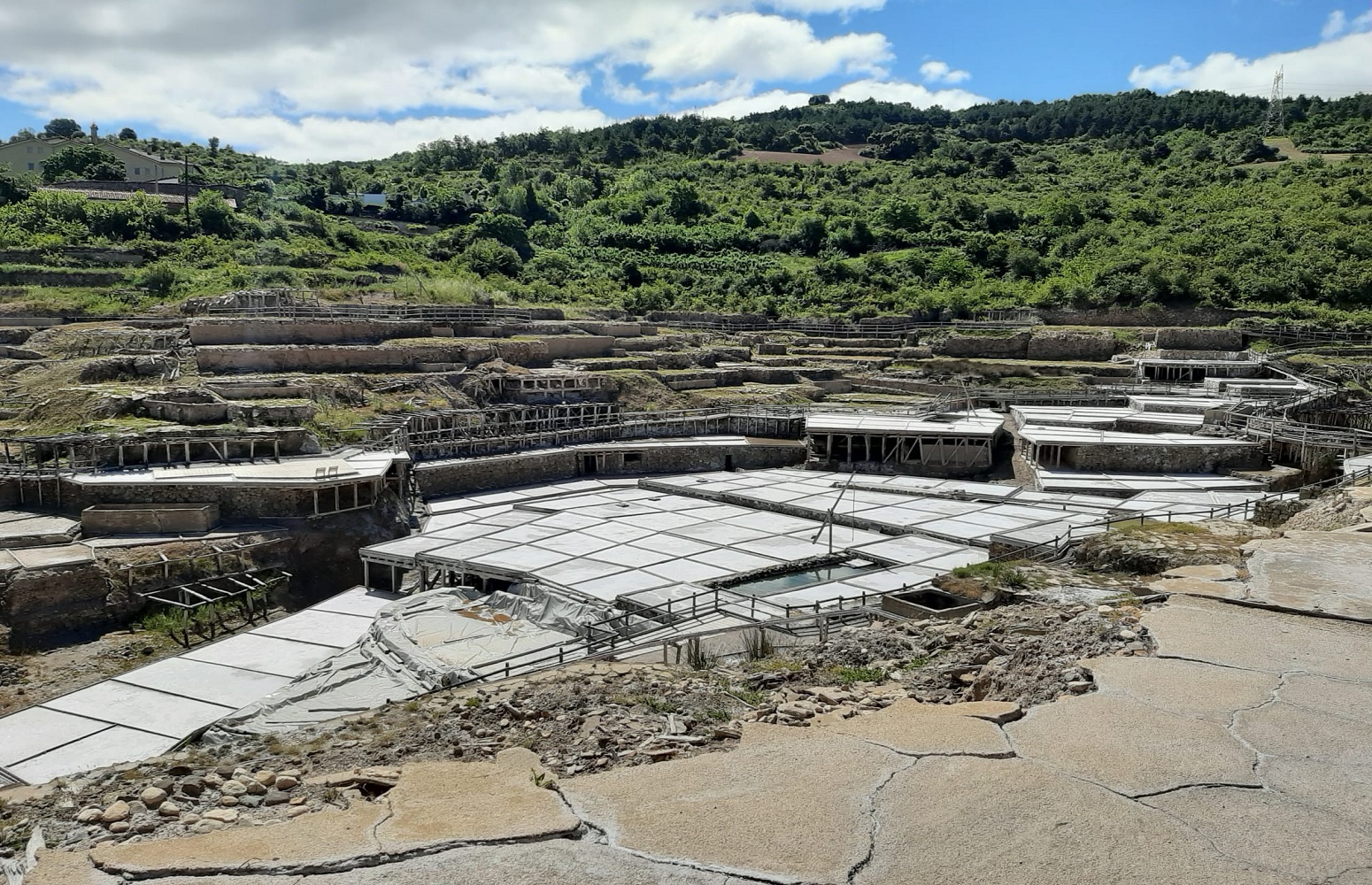H-E-A-L-T-H = Balance + Feel + Watch out + Get Networked + Use humour + Heed Nature
The lecturer Goretti Soroa offers us some psychological guidance for COVID-19 quarantining
- Report
First publication date: 27/03/2020

COVID-19 has caught us all unawares and so it is inevitable that it could threaten our quality of life. This new, unknown stressor has come right into our homes to accompany us through this quarantine. Goretti Soroa, a lecturer in the Faculty of Psychology at the UPV/EHU-University of the Basque Country, recommends “that we turn it into our travelling companion, rather than our enemy. So it is in our interest to pay attention to and protect our lifestyle on a day-to-day basis. These are the recommendations compiled by the lecturer in the Department of Identity, Esteem and Psychological Treatment:
Strike a balance!
Organise the day around new life styles (physiological and behavioural matters).
- This is not a holiday or a time of rest, but a time to adapt your outdoor routine to the home. Curb hypoactivity.
- To avoid the sensation of interruption, the day’s cycles should be organised around the reality of each home.
- When you wake up, it’s a good idea to change out of your pyjamas or the clothes you wear at home and put on ones for going out (shower, comb your hair, put on your make-up to get ready for a new day).
- Continue to eat healthily to keep your immune system strong.
- Keep yourself hydrated, drink water every 15 minutes to stop your mouth and throat getting dry.
- Absorb sunlight (as far as you can).
- Encourage new routines for physical exercise at home, as long as they can be adapted to the new conditions.
- Maintain sleep patterns, it’s better to stick to the sun’s cycles.
Feel!
Be in charge of your emotions (emotional matters).
- If you are nervous or anxious about the future, meditation, breathing exercises or relaxing music can help to put you in the present moment. Try to avoid sugar, caffeine, tobacco or other addictive substances. “Go from block to unblock!”
- If sadness, boredom or loneliness are what you feel most, have a cry or rest for a while. But then get out of bed, get off the sofa and “move from mind to action!” Write, call someone, paint, cook, etc.
- But if you feel angry and frustrated, share your feelings of injustice with someone, write a protest message, make a constructive complaint. “Move from destructive to constructive energy!”
Watch out!
Gauge the hyper-alert situation (cognitive matters).
- Consult reliable information sources.
- Gather information twice a day and no more (during the midday and evening news bulletins, for example).
- Pass on constructive messages to those at home, but remember to adapt the messages to their ages first.
- Avoid false messages.
- Avoid too much information.
Get networked!
Look after relationships, connect with each other, put care at the centre (social matters).
- Keep in touch with friends and colleagues, engaging in virtual meetings or email communication is essential to catch up on daily developments.
- If you are a teacher, keep an eye on your students. Check your email or the eGela virtual university classroom, because they may be worried about their future. Make video calls if possible to show that you are approachable.
- In the case of the family, put care at the centre. Organise and get everybody to share in the care tasks.
- To help those who are alone or isolated, try to offer active listening and emotional support.
- To protect those most in need at this time, take part in movements close to where you live or check up on people (some shopping, a wave from time to time, a call, etc.).
Use humour!
Play, creativity, music, optimism.
- Now is the time to improvise, the moment to establish new routines with flexibility and humour.
- The time to be together and, besides working, to take advantage of moments for leisure purposes. With our kids, partners, ourselves, our pets, etc. Now is the time to get to know the films, books and selection of games shared via social media.
- Try to get those who live with you involved.
- Cookery, story-telling, puppets, magic sessions, photo collages, house reorganisation, redecorating, artwork, etc.
- Sign up for an internet course, learn to play a musical instrument, etc.
Heed the rhythms of Nature
- It’s a moment for observing nature. The time to look after Mother Earth.
- If there are any natural spaces or such things in the vicinity, it’s a good moment to pay attention to them (fireplace, plants, animals, the countryside, rivers, the sea, vegetable patch, seeds, vegetables, fruit, water for showering, etc.).
- Let us exercise patience, because the virus has its own rhythm.
In co-operation, looking after each other, we will all come out stronger!



